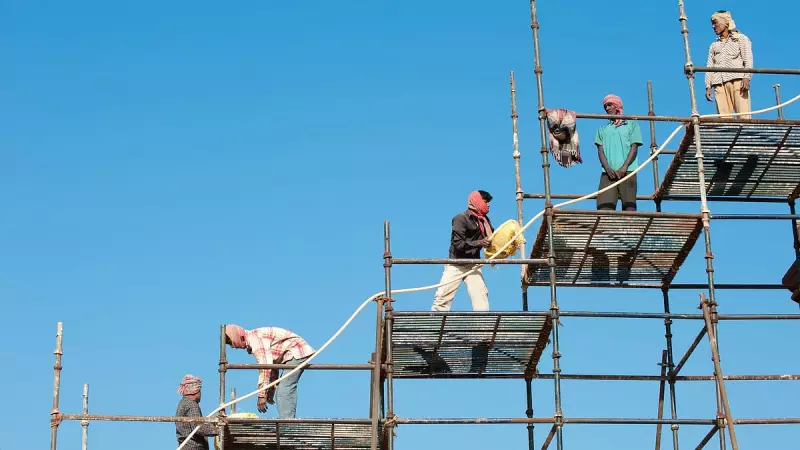
India stands at a critical crossroads, where its much-touted demographic dividend could turn into a demographic disaster if ancient inequalities continue to sabotage workforce development. The nation's economic future is being held hostage by systemic barriers that prevent millions from accessing the education and skills needed in today's competitive global market.
The Stark Reality of India's Divided Workforce
While India boasts of being the world's youngest major economy with over 65% of its population below 35 years, this advantage masks a troubling divide. The quality of education and skills training available to children depends overwhelmingly on their socioeconomic background, creating a workforce where opportunity is determined by birth rather than potential.
The Education Chasm: Privilege vs Poverty
The inequality begins early, with children from disadvantaged backgrounds facing insurmountable obstacles from their first day of school. Those from privileged families attend well-resourced private schools with qualified teachers, while millions struggle in underfunded government schools where basic infrastructure and quality instruction remain elusive.
This educational apartheid continues through higher education and vocational training, creating a nation of haves and have-nots in terms of market-relevant skills. The result? A small segment of highly skilled professionals coexists with a massive population lacking the training needed for India's economic ambitions.
How Inequality Stifles Economic Growth
The consequences of this skills divide extend far beyond individual hardship. India's manufacturing sector, crucial for job creation, struggles to find workers with adequate technical skills. The technology industry, despite its global reputation, draws from a narrow talent pool that excludes vast segments of the population.
This skills mismatch creates a paradoxical situation where employers complain about unqualified applicants while millions remain unemployed or underemployed. The nation's dream of becoming a global manufacturing hub and technology leader cannot materialize without addressing this fundamental imbalance.
The Digital Divide Deepens Existing Fault Lines
The rapid digitization of India's economy has exacerbated these inequalities. Children from affluent families access online learning resources, coding bootcamps, and digital skills training, while those from marginalized communities lack even basic internet connectivity. This digital apartheid threatens to create a permanent underclass in the emerging knowledge economy.
A Call for Systemic Reform
Addressing this crisis requires more than piecemeal solutions. India needs a comprehensive overhaul of its education and skills development ecosystem that includes:
- Substantially increased public investment in education infrastructure
- Curriculum reform focused on future-ready skills
- Expansion of vocational training programs with industry partnerships
- Bridging the digital divide through affordable internet access
- Addressing social barriers that keep marginalized groups from quality education
The time for action is now. If India fails to transform its approach to education and skills development, it risks squandering its demographic advantage and compromising its position in the global economy. The choice is between harnessing the potential of all its citizens or continuing with a system that privileges the few at the expense of the many.





